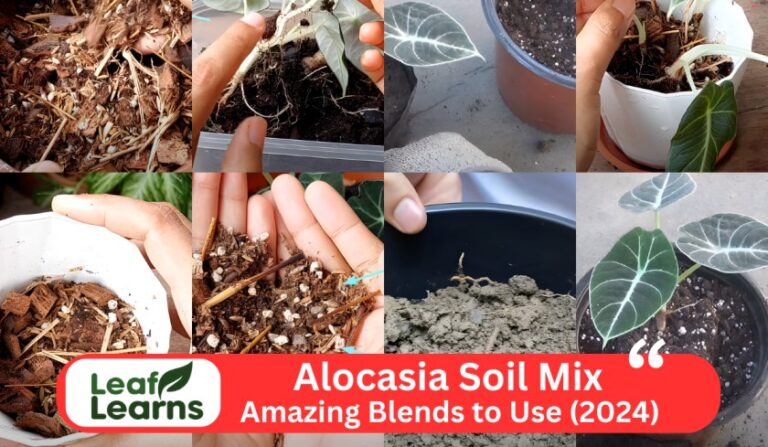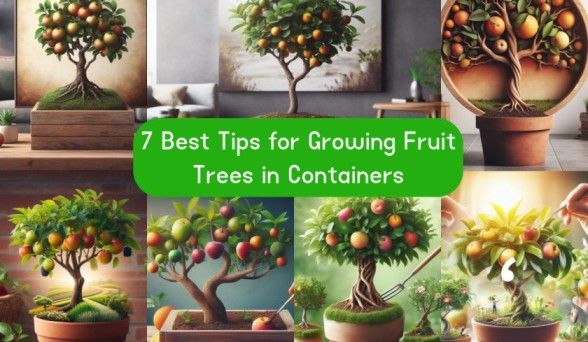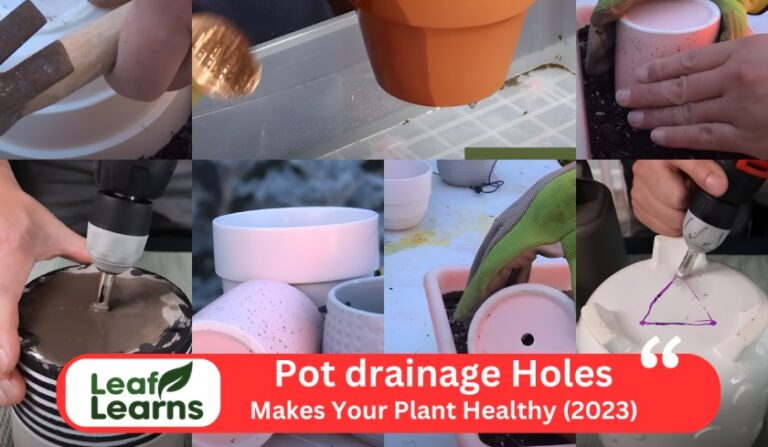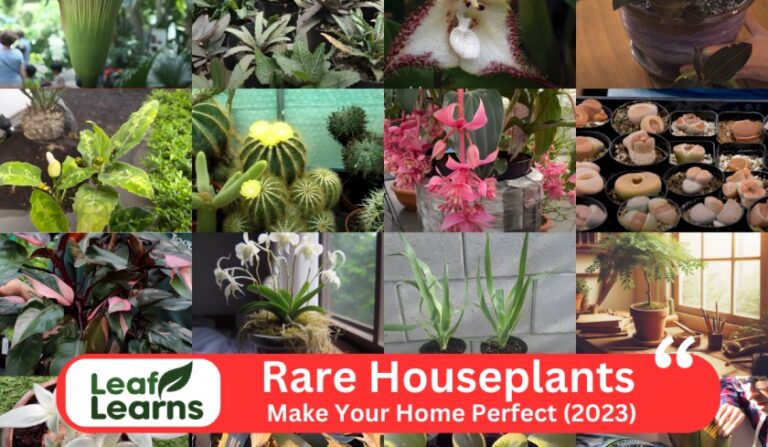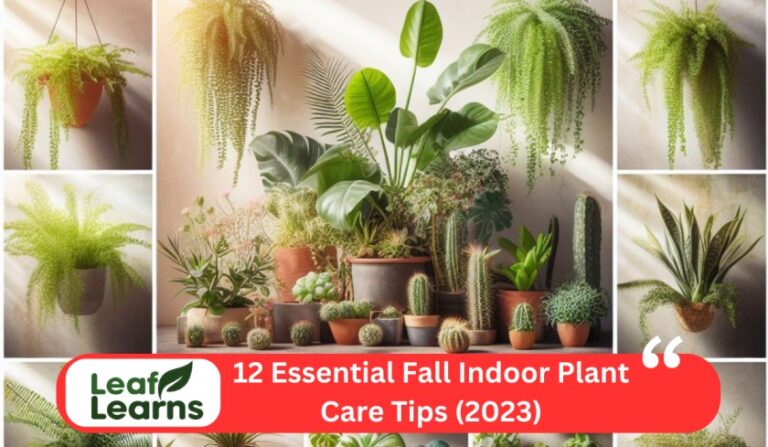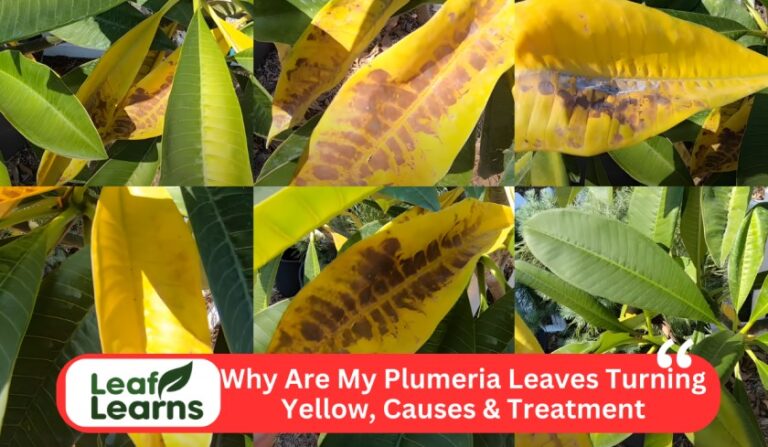How to Start an Organic Gardening in Easy Steps (2023)
Organic gardening is based on the principle of soil health. By using compost, manure, and cover crops, organic gardens build and maintain healthy soil.
An organic garden is successful when the soil is healthy, providing essential nutrients to plants and promoting strong root systems. A more sustainable and resilient growing environment is achieved through organic-gardening, which does not rely heavily on synthetic fertilizers.
Contents
- 1 What is Organic Gardening?
- 2 Organic Gardening Rules
- 3 Why Go Organic gardening?
- 4 How to Start an Organic Garden at Home?
- 5 Most Important Tools
- 6 Pick A Good Soil
- 7 Preparing the Soil
- 8 Making Good Compost
- 9 Choosing the Right Plants
- 10 Plant The Crops
- 11 Water And Weed Often
- 12 Provide Nutrients to Your Plants
- 13 Pest and Disease control
- 14 Protecting Plants Without Pesticides
- 15 Why Is Mulching Important in Organic Farming?
- 16 Crop Rotation in Organic Gardening
- 17 Avoiding Synthetic Fertilizers, Pesticides, and Herbicides
- 18 Always Harvest Your Crops
- 19 Cleaning Up: A Tidy Garden is a Healthy Garden
- 20 Benefits of Organic Gardening
- 21 General Organic Gardening
- 22 Specific Products and Brands
- 23 FAQs
What is Organic Gardening?
The benefits of organic gardening include avoiding synthetic chemicals and embracing natural goodness. Compost nurtures plants, prevents pesticide use, and creates a happy, eco-friendly garden.
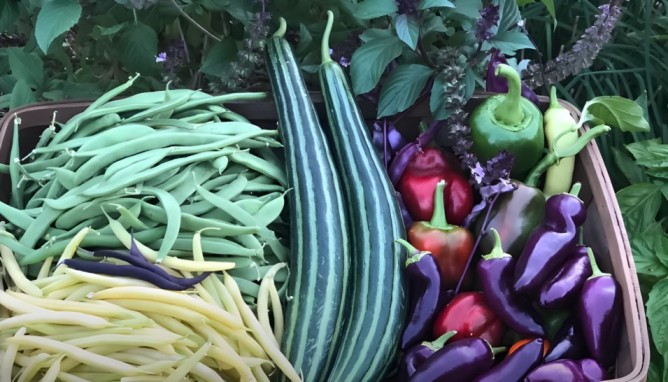
Organic Gardening Rules
Put an end to the nasty chemicals. Do not treat your garden as a war zone for synthetic nasties, but as a playground for your veggies. Rather than chemical cocktails, organic-gardening relies on compost, manure, and leafy greens for soil nourishment.
Make friends with the soil squad. The unsung heroes of your garden are the tiny critters in your soil. By composting and mulching, you will keep them happy, thereby maintaining the health and strength of your plants. It’s like a dirt-filled fiesta in miniature!
We welcome the pest patrol. Do you have an aphid problem? Avoid using bug bombs! You can count on ladybugs, birds, and even frogs to keep your home pest-free. They can munch on the bad bugs while keeping the good ones safe. Balance is the key!
Create a diverse party. People are not the only ones who find monoculture boring! It’s like having a veggie potluck that keeps everyone thriving if you plant a variety of crops. They attract beneficial insects, shade the soil, and add nitrogen to the soil.
Make use of recycled materials and reuse them. You don’t have to throw away those eggshells or coffee grounds! Take advantage of them by composting, using them as mulch, or using them in creative ways. Your organic Eden gives every scrap a second chance.
Why Go Organic gardening?
You’ll be consuming nutrient-rich and healthier fruits and vegetables since they’re free from pesticides.
A sustainable and eco-friendly environment is possible with organic Garden by promoting biodiversity, soil health, and reducing water pollution.
Living a chemical-free life protects you and the planet from the harm caused by synthetic chemicals used in conventional gardening.
Your contribution to a greener planet and a cleaner atmosphere is reduced by avoiding synthetic fertilizers and pesticides.
Plants grow more robustly and are more resilient when organic methods are used, which improves soil structure.
A healthy and thriving local ecosystem is created by attracting beneficial insects, birds, and wildlife.
Learn sustainable practices while engaging in an educational, therapeutic hobby.
The long-term sustainability of organic Garden ensures a garden that will thrive year after year.
It may be more expensive at the beginning, but organic Garden is usually more cost-effective over time because it requires fewer synthetic inputs such as fertilizers.
Join a Community: Share tips, tricks, and enthusiasm for sustainable living with like-minded individuals in the vibrant organic Garden community.
In addition to promoting well-being, organic-gardening also promotes balance, harmony, and a connection with nature.
How to Start an Organic Garden at Home?
Sunshine Squad
- It’s important to find your sunspot: Vegetable stars require at least six hours of sunlight every day. Make sure you check those corners!
- With soil harmony, you can feed your plants organic goodness including compost, manure, and leafy green magic. We don’t use any chemicals!

Plant Party
- Your local nursery or organic seeds can be used for the Seedling Soiree. You can choose any vegetables you like (tomatoes anyone?).
- Together, we can grow like-minded vegetables! Plant marigolds for pest control and beans for nitrogen, it’s a garden team-up!
Water Wise
- Make sure your plants get enough water by taking deep dives rather than sprinkling them every day. Roots love it when they’re healthy!
- Leaves or straw are natural mulches that are perfect for mulching. Weeds stay out, moisture stays in, happy garden dance begins!
Pest Patrol
- Greetings from the Ladybug Brigade! Birds eat slugs and ladybugs eat aphids, all natural pest-control methods.
- You just need to discover nature’s tools, such as neem oil spray and soapy water showers to protect yourself!
Grow & Glow
- There is no short cut to a successful harvest or sprout: patience is a plant food.
- Fruit (and Veggies) are good for you! Make homemade happiness a part of your holiday celebrations by sharing your bounty with family and friends.
Most Important Tools
There are many tools that are used for organic-gardening and here are almost every tools present which you can used that for making your perfect:
- Quality Hand Trowel
- Compost Bin
- Durable Pruners
- Soil pH Tester
- Weeder or Hori-Hori Knife
- Watering Can with Rose Attachment
- Garden Fork
- Mulching Kit
- Row Cover or Cloche
- Garden Cart or Wheelbarrow
Pick A Good Soil
Rich Organic Composition
- Compost and manure with good rot are excellent sources of organic matter.
- Organic content ensures nutrient release over time.
Balanced Texture
- In order to ensure optimal water retention and drainage, mix sand, silt, and clay together.
- In order to promote robust root development, loamy textures are preferred.
pH Levels Matter
- Check the pH of the soil to ensure it is within the ideal range of 6.0 to 7.0.
- By adding organic amendments such as lime or sulfur, the pH can be adjusted.
Microbial Activity
- Enhance nutrient availability by choosing soil rich in beneficial microbes.
- The growth of plants is influenced by the health of microbial communities.
No Synthetic Chemicals
- Pesticides and synthetic fertilizers should not be used on soils.
- Keep organic integrity by opting for natural, chemical-free alternatives.
Water Retention
- It is important to select soil that can hold water well.
- Consistent hydration of plants depends on adequate moisture.
Nutrient Availability
- The soil should contain a variety of essential nutrients.
- Plant health is enhanced by nutrient-rich soil.
Consideration for Containers
- You should use organic potting mix if you are container gardening.
- In order for root systems to be healthy, container soil should provide adequate aeration and drainage.
Local and Sustainable
- Eco-friendly options can be found by supporting local suppliers.
- It is important to practice sustainable practices in order to protect the environment.
Preparing the Soil
The soil, the lifeblood of any successful organic garden, is the first step toward creating a thriving organic garden.

Remove debris and weeds from the area, allowing for a fresh start. Enhance soil structure and fertility by adding compost, which is rich in organic matter. To ensure a balanced environment for plant growth, consider soil testing to determine the levels of nutrients.
Minerals can be supplemented with natural amendments such as bone meal or kelp meal. In order to prevent soil-borne diseases and pests, rotate crops seasonally.
To create a harmonious ecosystem, companion planting and cover crops are important components of organic Garden. In order to conserve moisture and suppress weeds, mulch your garden with organic materials such as straw.
Sustainability is also promoted through this holistic approach to gardening. Consider preparing your soil as a vibrant place where nature and cultivation coexist seamlessly, resulting in a bountiful harvest without chemical additives.
Making Good Compost
Your organic garden requires both art and science in order to produce nutrient-rich compost. Combine food scraps with dry materials such as leaves, straw, or shredded newspaper.
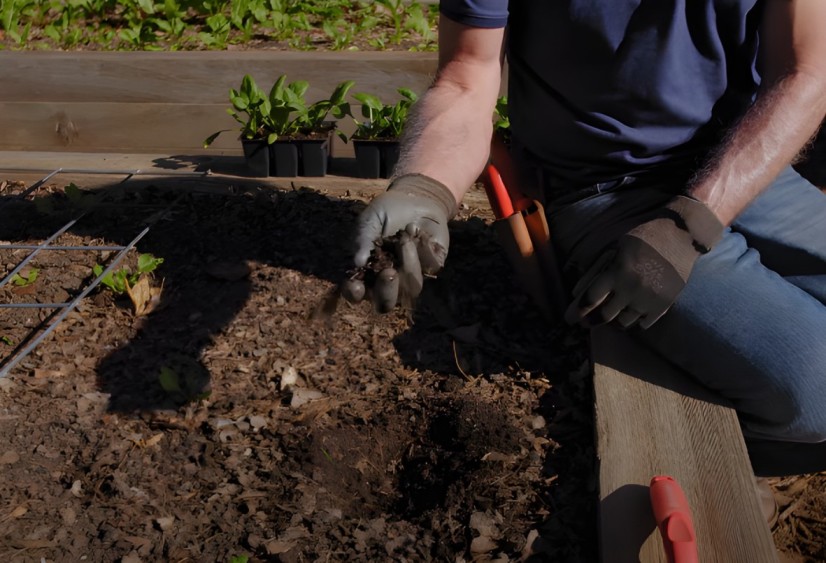
Use fruit peels, coffee grounds, and vegetable scraps to create a compost pile. To ensure proper decomposition, maintain a balance between green and brown materials.
To accelerate the composting process, turn the compost regularly to ensure oxygen is provided. A damp sponge-like consistency should be maintained for the pile, but it should not be waterlogged.
Organic activators like manure or compost starter accelerate decomposition by increasing microbial activity. Be patient; the magic will happen in several weeks.
The result? You’ll find a dark, crumbly compost full of beneficial microorganisms, ready to feed your plants. In addition to reducing kitchen waste, this eco-friendly approach cultivates a thriving garden, embracing sustainability throughout.
Choosing the Right Plants
You don’t just need to pick the prettiest petals to have a thriving, happy garden! Let’s take a look at some tips to make your plant party a success:
Know Your Climate
- The sun-loving tomato, pepper, and eggplant crave warm, sunny days.
- Leafy greens and herbs prefer dappled shade, such as spinach and parsley.
- You should choose plants that will thrive in the climate and rainfall patterns of your region.
Soil Symphony
- A soil pH test will determine whether a plant will thrive in an acidic or alkaline environment. Test kits can provide you with guidance.
- Make your soil richer and more drainable with organic compost. Plants thrive in happy soil!
Size Matters
- Measure twice, plant once: Before planting a plant, consider its mature size. Make sure your leaves have plenty of space to breathe. Avoid overcrowding!
- Plant climbing plants such as beans or peas to make a living trellis and maximize your space.
Companion Crew
- The concept of Plant Pals involves strategically pairing plants that will benefit each other. A thriving garden ecosystem is fostered by marigolds and beans, which repel pests.
- Use ladybugs and hoverflies as pest patrols to munch on unwanted guests.
Plant The Crops
Planting your crops is the first step in a journey into organic Garden. You can ensure a successful harvest by carefully selecting varieties that are suited to your climate and soil conditions.
To optimize growth, consider the amount of sunlight and the spacing between plants. Creating a garden is like creating a green symphony where each plant has a specific role to play.
Water And Weed Often
It is crucial to water your plants often in organic Garden in order to nurture them effectively. Plants need water to thrive, just like all living creatures.
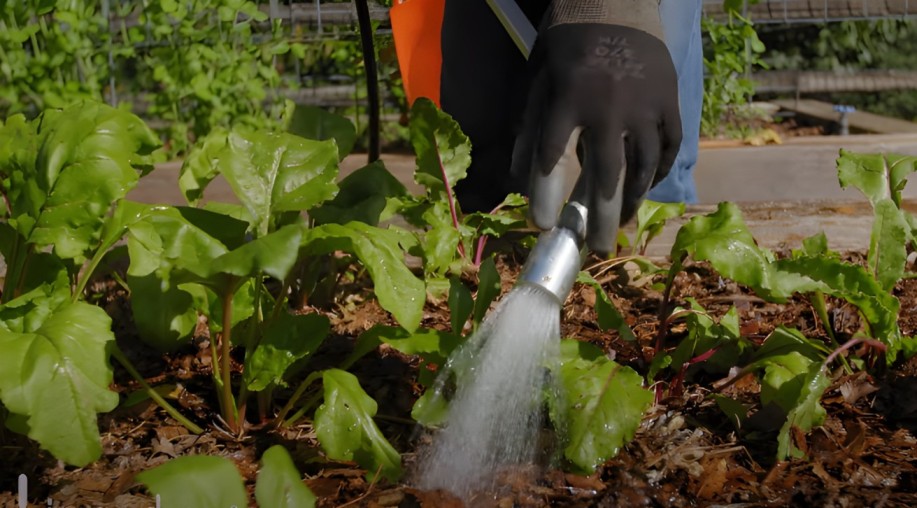
Keep the soil consistently moist but not soggy by following a consistent watering schedule.
The mulch you use around the base of your plants prevents weeds from growing, keeps the soil cooler during scorching days, and helps retain moisture. Your precious crops will be protected by it.
Provide Nutrients to Your Plants
Nutrients are similar to balanced diets for plants. Manure and compost are natural fertilizers used in organic-gardening.
The organic materials not only enrich the soil, but also improve its structure, promoting a healthy root system.
You can meet the specific needs of your plants by using organic fertilizers with nitrogen, phosphorus, and potassium. Plants benefit from a well-rounded nutritional profile in the same way we do.
Pest and Disease control
A pest or disease is an uninvited guest in nature’s intricate dance. When it comes to organic-gardening, controlling these intruders requires a holistic approach.
Keep harmful pests at bay by introducing beneficial insects, such as ladybugs and predatory beetles. It is a natural pesticide that serves as a deterrent for your garden and the environment without compromising their health.
Maintain the vitality of your organic refuge by regularly inspecting your plants for signs of distress.
Protecting Plants Without Pesticides
Organic-gardening offers innovative solutions for those who want to protect plants without using conventional pesticides. Consider companion planting, where certain plants repel pests naturally.
There are plants that deter nematodes, such as marigolds, while there are plants that protect tomatoes from unwanted pests, such as basil.
You can protect your crops from airborne pests while allowing sunlight and rain to nourish them by using physical barriers such as row covers.
Why Is Mulching Important in Organic Farming?
A thriving agricultural environment is nurtured by mulching, a key component of organic farming. The benefits of mulching extend beyond its aesthetic appeal.
In addition, it acts as a natural insulator, reducing soil evaporation and regulating soil temperature. As a result of this moisture retention capacity, irrigation is minimized, making eco-friendly farming much more efficient.
As organic mulches decompose, compost or straw enhance the fertility and structure of the soil. Mulch also effectively suppresses weeds, as it creates a barrier that reduces weed growth, thereby reducing nutrient competition.
Embracing mulching practices benefits organic farmers by improving soil health, reducing water use, and enhancing weed control.
With organic and sustainable produce on the rise, this holistic approach is a valuable topic for content that resonates with environmentally conscious consumers. As a result of mulching, organic farmers are able to maintain a harmonious relationship with nature.
Crop Rotation in Organic Gardening
Successful organic garden relies heavily on crop rotation, which is essential to good soil health and a healthy garden.
By strategically planting different crops each season, this sustainable practice prevents the recurrence of pests and diseases, optimizes nutrient utilization, and helps maintain a balanced ecosystem.
By naturally replenishing nutrients, this method reduces soil-borne pathogens’ risk and enhances soil fertility. Beans and peas, for instance, fix nitrogen in the soil, enriching it for future crops.
It reduces the likelihood of soil-borne diseases and disrupts the life cycle of pests when crops are rotated, ultimately reducing the need for synthetic herbicides and pesticides.

Avoiding Synthetic Fertilizers, Pesticides, and Herbicides
A fundamental tenet of organic garden is that synthetic fertilizers, pesticides, and herbicides should not be used.
In addition to adhering to eco-friendly principles, choosing natural alternatives will safeguard your gardening health, the environment, and your well-being.
In addition to harming beneficial insects, soil microbes, and crops themselves, synthetic chemicals disrupt the delicate balance of the ecosystem.
By avoiding synthetic pesticides and herbicides, organic gardeners help natural pest control by using compost, organic matter, and natural fertilizers to nourish their plants.
Always Harvest Your Crops
For optimal flavor, nutritional value, and yield, crops should always be harvested at the right time. The key to a delicious meal is to use fruits and vegetables when they are at their peak ripeness.
Plants grow longer and produce more abundantly when they are harvested regularly. The benefits of this practice include not only enjoying fresh, flavorful produce, but also actively contributing to your garden’s continuous growth and productivity.
Cleaning Up: A Tidy Garden is a Healthy Garden
The importance of cleaning up your garden space is often overlooked when it comes to organic garden.
Debris, spent plants, and weeds should be removed regularly to help prevent pests and diseases from building up. Every growing season, it’s like giving your garden a fresh start.
A clean garden contributes to the maintenance of a natural balance in organic-gardening. Removing discarded plant material quickly reduces the risk of infestation by pests and diseases.
Benefits of Organic Gardening
Organic-gardening cultivates nutrient-rich soil, producing nutrient-rich fruits and vegetables that are delicious and nutritious.

Bliss Without Chemicals: Say goodbye to harmful pesticides and synthetic fertilizers. Gardening organically ensures that the environment and your family are safe from chemicals.
You can add biodiversity to your outdoor sanctuary by creating thriving ecosystems, fostering a variety of flora and fauna.
Sustainability Served Fresh: Grow your own organic fruits and vegetables to reduce your carbon footprint. Self-reliance and eco-friendliness are promoted through this sustainable practice.
Organic crops contain higher antioxidant levels, which support your immune system and general health.
Superheroes of the soil: Organic-gardening improves soil structure, retains water, and reduces erosion.
General Organic Gardening
Organic gardening offers a myriad of advantages, making it an increasingly popular choice for gardeners. From the principles of organic farming and gardening to the methods and techniques employed, enthusiasts find that organic garden can be as simple or as complex as they desire.
Whether engaging in organic allotment gardening, cultivating a backyard oasis, or opting for container gardening, the emphasis lies on sustainable practices. Many beginners are drawn to the organic approach, appreciating its natural methods, lack of synthetic chemicals, and the ability to produce healthier, nutrient-rich fruits and vegetables.
The use of organic amendments, such as compost and natural fertilizers, enhances soil fertility and promotes a thriving ecosystem within the garden. Organic cotton gardening gloves, a testament to sustainable materials, exemplify the holistic nature of this gardening philosophy.
Specific Products and Brands
Aussie organic gardening enthusiasts often turn to specialized products and brands that align with their commitment to sustainable practices. Arber, a trusted name in the realm of organic garden, is known for its commitment to high-quality tools and environmentally friendly solutions.
Products like Alaska’s organic gardening liquid fish emulsion fertilizer demonstrate a dedication to natural ingredients that benefit both plants and the ecosystem. Magazines like ABC Organic Gardening offer valuable insights, while rebel gardening books provide beginners with a handbook for creating an organic urban farm.
Ecoscraps, with its berry and citrus & avocado plant food, caters to gardeners seeking organic alternatives for optimal plant nutrition. From neem oil to insecticides, the market is filled with organic solutions that support the ethos of eco-friendly and sustainable gardening practices.
These products contribute to the broader community of like-minded individuals, forming a network of organic garden enthusiasts committed to cultivating a healthier, more environmentally conscious world.
FAQs
What is organic gardening?
In organic garden, pesticides, fertilizers, genetically modified organisms, and synthetic pesticides are not used. Sustainable practices and soil health are the primary goals of this program.
What is organic plants?
The term organic refers to crops that are not genetically modified or grown with synthetic chemicals. Sustainable farming practices, natural fertilizers, and organic pest control methods are used in their cultivation.
What are the essentials for organic gardening?
In addition to organic seeds, nutrient-rich soil, compost, natural fertilizers, and eco-friendly pest control methods, organic garden requires the use of natural fertilizers and organic pest control methods. Healthy, thriving gardens are created through sustainable practices.
What is organic gardening ingredients?
Natural fertilizers like compost, bone meal, and seaweed are among the organic gardening ingredients, as are pest control solutions such as neem oil. In addition to promoting plant growth, these ingredients are free of synthetic chemicals.
Why are plants organic?
The term “organic” refers to a plant that has not been fertilized or treated with synthetic pesticides. Natural methods are used in cultivation, which is environmentally sustainable and reduces the impact on ecosystems.
Why is organic farming?
The goal of organic farming is to cultivate crops with the least amount of environmental impact possible. A chemical-free, nutritious, and sustainable food system prioritizes sustainable practices, biodiversity, and soil health.
What is organic and its importance?
Using organic methods of cultivation promotes sustainability and avoids synthetic chemicals. As well as supporting sustainable agriculture, it fosters environmental health and reduces chemical exposure in food.
What are the benefits of organic plants?
A higher nutrient content, a reduction in chemical exposure, and a sustainable environment are all advantages of organic plants. In addition to contributing to a healthier diet, they also promote eco-friendly farming practices.
What are the benefits of organic soil?
Plants benefit from organic soil because it provides essential nutrients, enhances water retention, and fosters beneficial microorganisms. In addition to enhancing plant growth, it maintains an ecosystem that is healthy and balanced.
What are the principles of organic farming?
As a part of organic farming, crops are rotated, composted, synthetic chemicals are avoided, biodiversity is promoted, and soil health is maintained. In these practices, ecological balance and sustainability are prioritized.
How are organic gardens beneficial to the environment?
The environmental benefits of organic gardens include reducing chemical runoff, preserving biodiversity, and promoting sustainable farming practices. In addition to contributing to healthier ecosystems, conventional agriculture has a minimal ecological impact.
What is the easiest organic crop to grow?
Growing lettuce organically is often considered one of the easiest things you can do. For beginners, it is ideal because it grows in a variety of climates, requires minimal care, and can be cultivated organically.

